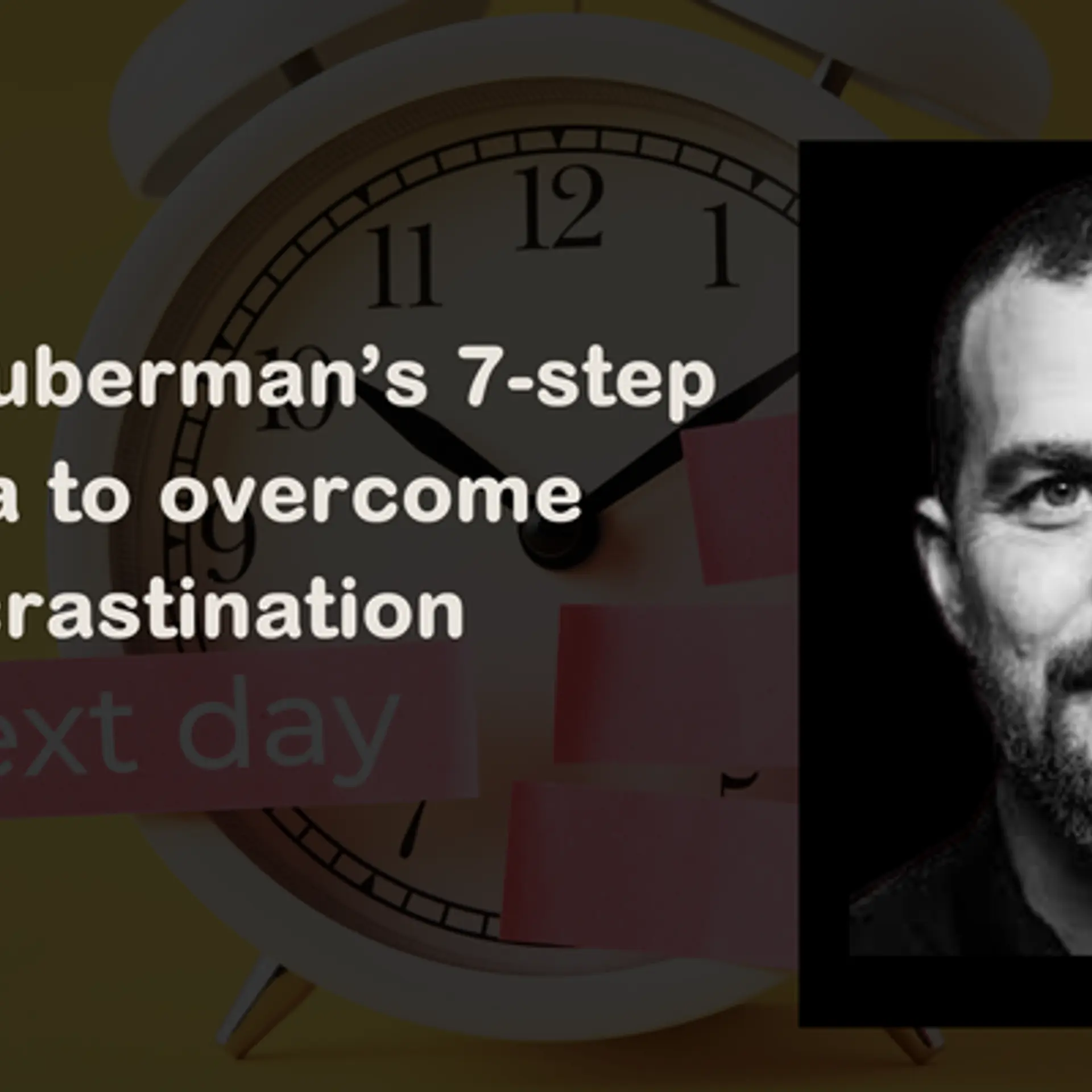This women-led foreign policy think-tank aims to make India a global rule-maker
Manjeet Kripalani and Neelam Deo founded Gateway House, a global foreign policy think-tank that offers pragmatic, independent solutions for designing a new global order.
This is the story of how an IFS officer and a business journalist came together to build Gateway House, which they claim is the “world’s first women-led think-tank on foreign policy”.
The fortuitous meeting between Manjeet Kripalani and Neelam Deo happened in New York, where the former was an Edward R Murrow Press Fellow at the Council on Foreign Relations and the latter was the Indian Consul General.
“It was 2006, and the Indian economy was on a high, with its IT industry becoming world famous and everyone was fascinated with India. Neelam used to host a Friday breakfast at the consulate for all those interested in investing in India. I was supposed to finish my book on the new India, but with the overwhelming demand for knowledge on the country, I spent much of the year travelling around the US, talking about the emergence of the new India. That’s when Neelam and I began thinking of how we could nurture a group of internationalists for India, who could articulate the Indian voice in global affairs,” Manjeet recalls.

Manjeet Kripalani and Neelam Deo
From a donor’s parking lot
The 2008 Mumbai terror attacks provided the immediate impetus for this vision, she adds.
The duo found there was almost no study of international affairs outside of Delhi and little outside government, especially for young scholars. They also noticed that the experience and insight of Indian multinationals were not being included in diplomacy.
So, they decided to establish an independent, non-partisan, membership-based foreign policy think tank that was “both India-based and India-focussed in Mumbai”.
“With a small amount of individual and corporate funding, we set up Gateway House in a donor’s parking lot – like startups all over the world - except we were building an intellectual institution,” Neelam says.
Gateway House offers pragmatic, independent solutions for designing a new global order, keeping India’s interest foremost.
“Our goal is to transition India from a global rule-taker to rule-maker and build intellectual institutional capacity. In this endeavour, we use traditional policy tools and fresh research based on the deep expertise of Mumbai’s financial institutions, private business, and entrepreneurs. Our young scholars take original research to international policy-maker networks, ensuring that India participates, with a strong voice and well-prepared policy papers as new rules of global governance, technology, trade, law, security, space, and finance are written and regulated,” Neelam says.
Working with the government
Gateway’s research is also disseminated through meetings with members, and to the wider public and student body through its website, social media, and weekly briefings. India’s foreign policy is research under the study areas of geo-economics, governance, geopolitics, energy, space, digital economy, security (maritime, digital, cyber), international law, and Mumbai's international history.
Working closely with the government, Gateway House co-hosts conferences with the Ministry of External Affairs, including the Gateway of India Geoeconomic Dialogue, Track 1.5 Dialogues, and the T20 conferences. It was also instrumental in bringing the Think20 meetings to India for the first time and continues to pioneer this track. Along with co-hosting conferences, it also conducts in-depth research on strategic issues and multilateral engagements and organisations for the government (PMO, NSA, MEA, MoF).
Starting a foreign policy think-thank was not easy, aver the founders.
“We decided on a new, independent path from the start: not accepting government or foreign agency funding, establishing ourselves as a not-for-profit company with a strong board and oversight. We wanted the rigour of a company, not a typical NGO trust,” Manjeet says.
Tapping into the talent of the youth
Neelam says they quietly began breaking into uncharted territory.
“Foreign policy used to be regarded as the preserve of government, and new business thinking was the domain of business schools and chambers of commerce. India needed new policies, and independent institutions where ideas could be thought through, debated and put out for public and government consumption. People questioned locating Gateway House in Mumbai, a city of commerce rather than politics. But, we pressed on, joined by young scholars, all passionately invested in the merit of the mission, and gender balance.”
Working with the not being in Delhi – their raison d’étre – has also been a challenge. Private funding for women-led enterprises outside of the boys’ club was another hurdle to cross.
Gateway House also hires and works with young scholars who can develop into pragmatic policymakers. To do that, they eschewed the typical think-tank rule of hiring only PhDs as scholars.
“We have history, economic, and political science majors, several engineers and MBAs, all multi-skilled and passionate about foreign policy, blowing away the cobwebs and bringing fresh ideas to India’s international engagement,” Manjeet says.
The duo is excited about what the future has to offer.
“Our country is increasingly stepping up and out into the world, and taking on new responsibilities. We are now at an exciting point, where India will, at 75 years, be the chair of the world’s most influential economic forum, today – the G20,” Neelam says.
They plan to continue to sharpen and deepen their research and identify future trends before they happen.
“Young India revels in the speed of change in all dimensions – geopolitics, geo-economics, and technology. On its part, Gateway House strives to contextualise the implications of these fast-paced transformations in the ethos of our own socio-economic development, and our place in the world,” Manjeet says.
(Edited by Teja Lele Desai)








